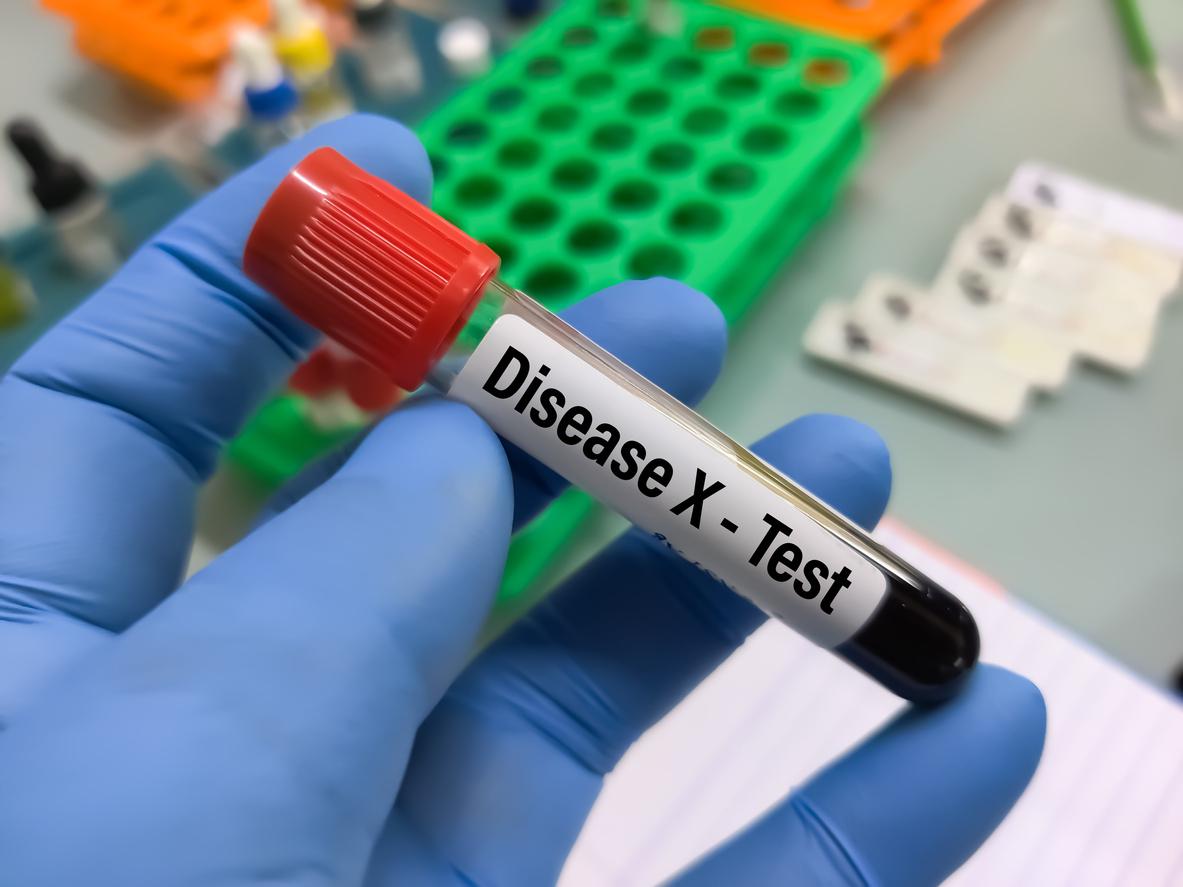This study, supported by the GlaxoSmithKline laboratory (leader in oral health) analyzed the dental health of 3,187 people aged 18 to 35 from 7 European countries (United Kingdom, Italy, France, Spain, Finland, Latvia and Estonia) . Their dental erosion, dentinal hypersensitivity (a condition that creates acute pain when the tooth is exposed to thermal, tactile or chemical stimuli) and periodontal health were assessed.
It found that one-third (29.4%) of the young adult population suffered from dental erosion and more than two in five (41.9%) from dentin hypersensitivity.
This study also confirms that dental erosion is very common in young adults from the age of 18. It also shows that dental erosion is higher in 26-35 year olds than in 18-25 year olds. Likewise, the prevalence of hypersensitivity is higher in the older population (26-35 years).
ESCARCEL studied the risk factors for dental erosion and found that people who frequently consume acidic foods have a higher level of lesions. Adopting a diet rich in acidic foods such as fruits, juices, teas and sodas, is likely to increase this phenomenon. “These conclusions, declares Professor Denis Bourgeois, Professor of Periodontology and Public Health, Vice-President of the University and Dean of the Faculty of Dentistry at the University of Lyon ” the need for an earlier screening and treatment program “.
Recommendations to protect teeth
To protect teeth from erosion and dentinal hypersensitivity, it is recommended not to eat and drink acidic foods, avoid carbonated drinks, drink a glass of water after eating dairy products, d ” use mildly abrasive toothpastes and soft toothbrushes, not to brush your teeth immediately after eating. Chewing gum allows, thanks to the production of saliva, to find a normal rate of acidity.
















